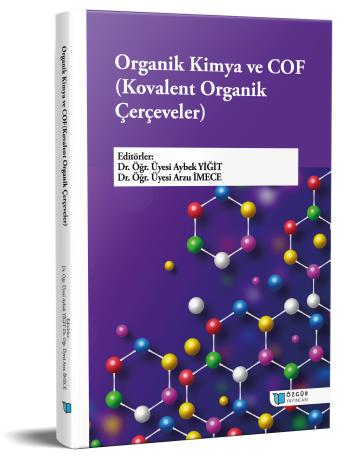
Nanotechnology and Organic Chemistry
Chapter from the book:
Yiğit,
A.
&
İmece,
A.
(eds.)
2024.
Organic Chemistry and COF (Covalent Organic Framework) .
Synopsis
Nanotechnology and organic chemistry are among the most innovative fields of modern science and technology, converging to address problems across various disciplines. Organic chemistry, as a branch studying the structure, properties, and reaction mechanisms of carbon-based compounds, provides a unique contribution to nanotechnology. Nanotechnology, on the other hand, offers the potential to manipulate these molecular structures at the nanometer scale to develop new materials and technologies. This chapter examines the importance of integrating nanotechnology and organic chemistry, exploring historical developments and current applications, with a focus on potential collaborations in energy, biomedical applications, environmental technologies, and advanced materials science.
The synthesis of nanomaterials using organic chemistry not only advances fundamental scientific understanding but also opens new doors for practical applications. For instance, innovative nanomaterials such as carbon nanotubes and graphene are synthesized through the unique reaction mechanisms provided by organic chemistry, finding applications in energy storage systems and biomedical devices. Moreover, surface functionalization and nanoscale modification with organic molecules enable the design of materials compatible with biological systems. These technologies have revolutionized critical areas such as drug delivery, disease diagnostics, and environmental solutions.
The combination of nanotechnology and organic chemistry offers more efficient, sustainable, and innovative solutions. Bringing these two fields together not only advances science but also provides practical solutions in areas such as energy conversion, healthcare, environmental protection, and the development of high-performance materials. In the future, it is expected that this collaboration will become even stronger, leading to the creation of more advanced and effective technologies. This section examines in detail how the integration of nanotechnology and organic chemistry contributes to scientific and technological progress.

